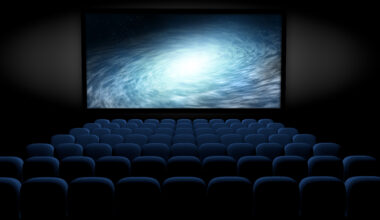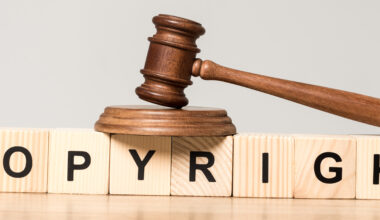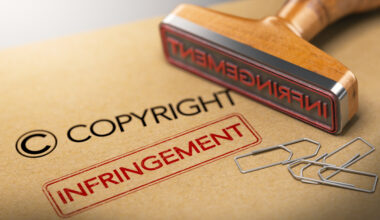Fordham IP conference 2015 – relacja z Cambridge
Organizowana po raz 23 przez Fordham Intellectual Property Law Institute & Emily C. & John E. Hansen Intellectual Property Institute w dniach 8-9 kwietnia 2015 r. konferencja tym razem z Nowego Jorku przeniosła się do Wielkiej Brytanii na tamtejszy wydział prawa Uniwersytetu w Cambridge. W malowniczym, pełnym studentów miasteczku zgromadzono siły prawnointelektualne z całego niemal świata, tego zawodowego oraz naukowego. Poniżej, subiektywnie opisuję tylko te wątki konferencji, które najbardziej mnie zainteresowały.









